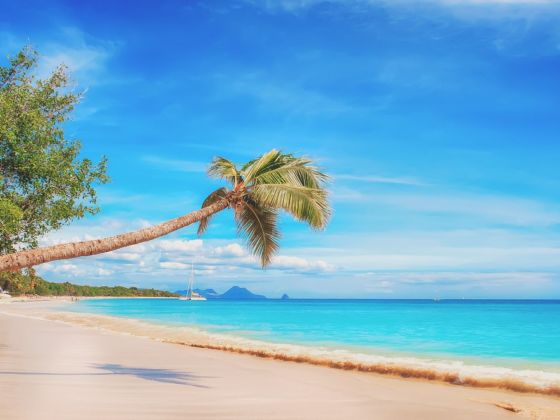Zika virus is an infectious disease that is primarily transmitted by mosquito bites. It is closely related to other mosquito-borne diseases such as dengue fever and there is currently no known vaccine.
For most people Zika presents as a mild infection and is not harmful in the long term.
The real risk is for women who are either pregnant or planning a pregnancy. Zika virus has a strong link with birth defects, the most notable being microcephaly — a condition that affects brain and skull development.
For this reason, pregnant women are advised to avoid or delay traveling to any Zika-affected country.
According to the Centre for Disease Control (CDC) the Zika virus has spread through most of the Caribbean. The CDC issues alert levels for Zika-affected countries. Many Caribbean countries are currently at alert level 2, and the CDC advises that pregnant women avoid nonessential travel to these places.
Note: country statuses change frequently so it is important to check the most up-to-date travel advisories before you book.
